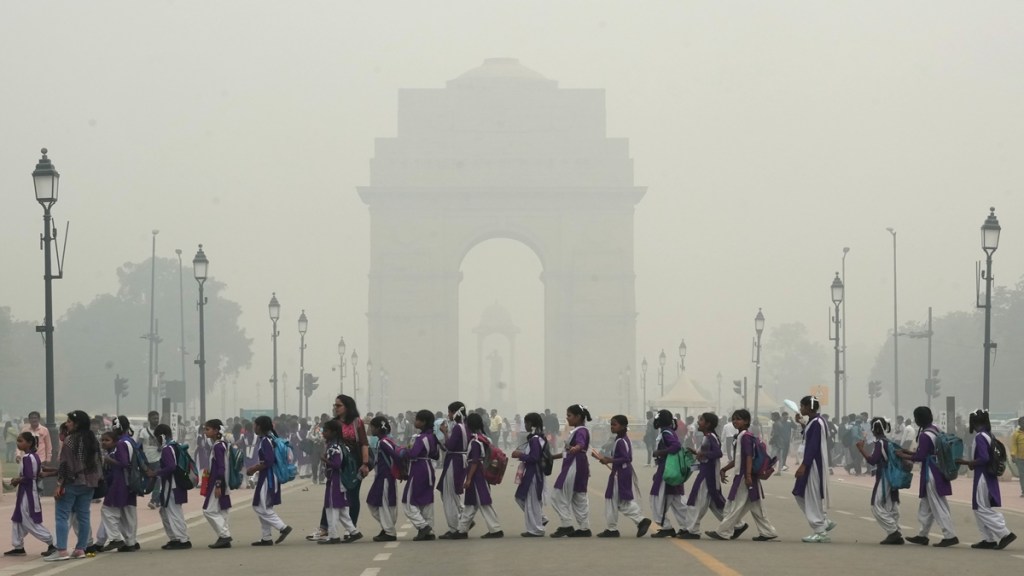The Supreme Court on Friday pulled up the Delhi and Punjab governments over the air pollution issue and said that crop residue burning in Punjab and some other states adjacent to Delhi has to be stopped and solution has to be found to reduce the pollution level in the National Capital Region (NCR).
While hearing a matter relating to the worsening air pollution in the Delhi-NCR, a bench headed by Justice Sanjay Kishan Kaul and comprising Justices Sudhanshu Dhulia and Ahsanuddin Amanullah observed there were several reports and committees on the pollution issue, but nothing was happening at the ground level.
Intermittent rain led to a rapid improvement in Delhi’s air quality and cleared the suffocating haze that had been lingering for more than 10 days. At 1 pm, Delhi’s AQI stood at 314 which falls in the “very poor” category. The air quality is expected to improve further due to wind speed favourable for the dispersion of pollutants.
“On the lighter side, what the population has to do is to pray only,” Justice Kaul said, adding, sometimes rains come and that helps. He was referring to intermittent rain in Delhi and its satellite cities which brought down air pollution levels today.
“God may have heard the prayers of people and intervened, no thanks to the government,” the judge added, as quoted by Live Law.
The apex court also asserted that farm fires must stop.
“Carrot and stick is up to you. Farm fires must stop. Cannot be lackadaisical, Attorney. All the States are responsible. Get the Chief Secretaries and find a solution,” the court said.
“The pollution level must come down, it cannot await tomorrow,” the apex court said, as quoted by Bar and Bench.
Speaking about the odd-even rationing scheme in the national capital, which the Arvind Kejriwal-led government has undertaken to curb air pollution, the apex court questioned the effectiveness of the scheme which the city’s Environment Minister Gopal Rai said it will be implemented only after the apex court has heard the matter on Friday and issued an order.
The Supreme Court said it had flagged the odd-even issue at the last hearing after an advocate, assisting it as an amicus curiae, said the odd-even plan does not actually help reduce air pollution.
The counsel representing the Delhi government said taxis from adjoining states were required to be allowed into Delhi as commuting will become a major problem otherwise. Lakhs of people working in Delhi live in cities like Noida and Gurugram in Uttar Pradesh and Haryana.
“I am agreeing with you. We never said that. Don’t try to non-perform and shift the burden onto the court. This is what is happening,” Justice Kaul observed, as quoted by PTI.
“All we flagged was an issue that the amicus was saying that really this odd-even does not help. It has not proved to help. But you say now, we will implement odd-even and also implement odd-even on taxis. Did we ask you to implement odd-even on taxis? We did not ask you to implement it,” the bench said.
The next hearing on the matter will be on November 21.

